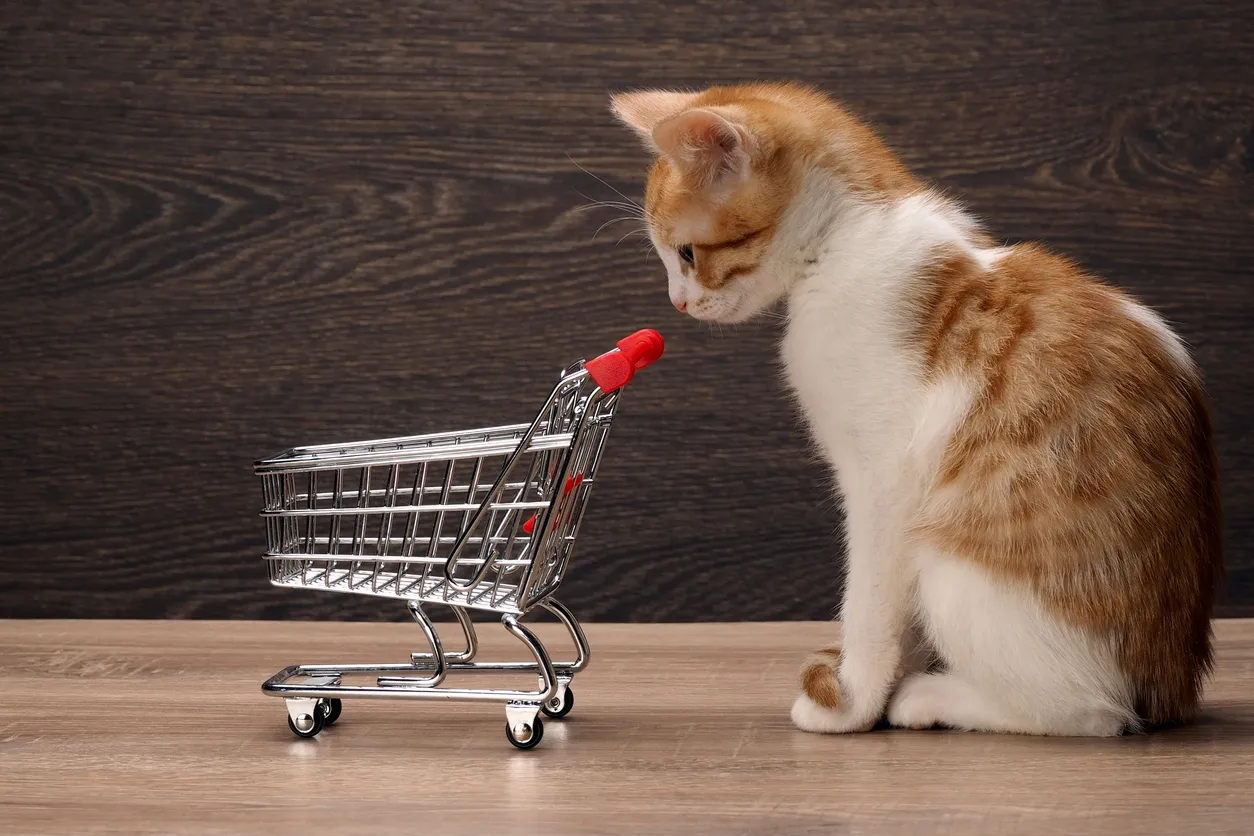Many people at this point in time are aware of the beauty of adopting a rescue animal. They understand the value in supporting rescue organizations. However, not all understand the rescues’ role, the cost of running a rescue, and the work that goes into it. I wanted to do a post today to help share some insight into the rescue world.
Over the years I’ve experienced, either first or second hand, people who get angry or irritated with rescues because they are “too expensive,” “in it for the money,” or “too picky about who gets to adopt.” I usually find that these folks have a big misconception about the work rescues do and where the money goes. Once things are explained to them, they usually concede that they were wrong in their assumptions.
Why do rescues charge adoption fees?
A lot of times people at rescue adoption events gawk at an adoption fee of $80, $100, or $115 for a cat. They loudly proclaim they can get a free kitten from someone online. This is true. But how “free” is that free kitten?
First off let’s see why a rescue charges a fee. While a non-profit, they are still a business and have financial output. Let’s just take a single kitten rescued at 2 weeks old. That kitten requires a lot over the next 3 months before they can be adopted out. It needs formula for the next 2-4 weeks. Formula is expensive and quality formula is the most expensive (Apx $15). They need bottles and nipples (Apx $15 – reusable but there is an initial cost for each foster home). Kittens often need medical supplies a few times over the next month like subq fluids, probiotics, an antibiotic, etc. (Apx $20). The rescue pays for 2 or 3 rounds of vaccinations (Apx $15), dewormer (Apx $1-2), microchipping (Apx $20), and a spay or neuter surgery (Apx $40-$50). This is a bare minimum for a bottle baby. An approximate total of $132. This doesn’t include all that the foster home volunteer puts into the care with bedding, carriers, enclosures, food, litter, toys, and more. So when you are asked to pay a kitten adoption fee of $100-$125 the rescue is merely recouping what it already spent.
Depending on the rescue, they may also take on medical cases where costs range from $800-$2000 (or more) to save a life. I have fostered several critical kittens with special medical needs. By the time they reached adoption the rescue spent over $1000 saving the animal. They asked the adopter for $100.
Rescues can only sustain themselves financially with additional fundraisers and grants. Your adoption fee in no way covers all expenses or permits such a thing as “profits”. If on a few kittens the rescue gains a “profit” of $5-$10 that money goes directly into saving other animals.
Dispelling the myth of the “free kitten”.
Next, let’s discuss the “free” aspect of a kitten you find online. Free kittens are not likely to have been vaccinated, dewormed, or fixed. If you are a responsible and loving pet owner you should feel obligated to do this veterinary care for your kitten. Some states have a few “low cost” clinics for these bare necessities. However, you will spend more than what the rescue fee costs because the rescue is able to get medical supplies in bulk and often receive steeper discounts than the public on altering procedures. Costs for deworming, vaccinations, microchipping, and spay/neuter are around $200 at the low cost clinic for a cat. If you go to a standard vet your free kitten can cost $500-$700 to be dewormed, fixed, and vaccinated.
Now, if you can easily afford to pay more for these procedures, then please save one of the “free kittens” online or in the neighborhood. “Free kittens” to “good homes” are more in danger of very sad fates with people taking them to sell to labs, use as bait in dog fighting rings, abuse in satanic rituals, or feed to large reptile pets.
If you get a “Free” kitten and then do not fix the animal, you are creating a heavy social cost to the community around you. If you do not vaccinate at all you may leave the animal open to fatal illness which are entirely preventable.
Why are rescues selective to whom they adopt?
I am not going to discuss the frequent criteria that rescues look at either to decide if it’s a good home or a potentially bad home. Each rescue is different.
What I want to emphasize is that each rescue is doing their best to find healthy and safe homes for the cats (and other animals) they spent a lot of time, money, and energy on. If you get rejected by a rescue or a foster, try not to feel angry. Understand they are just trying to negate potential future pitfalls for the animal. The rescue and fosters have earned the right to be picky because they love and care for the animal they are placing into the arms of a stranger. You could very well be a good home, and the rescue worker misjudged. Try to forgive and move on and find your pet at a different rescue, at the shelter, or online.
If you want to read more on the care of cats, check out my books!




